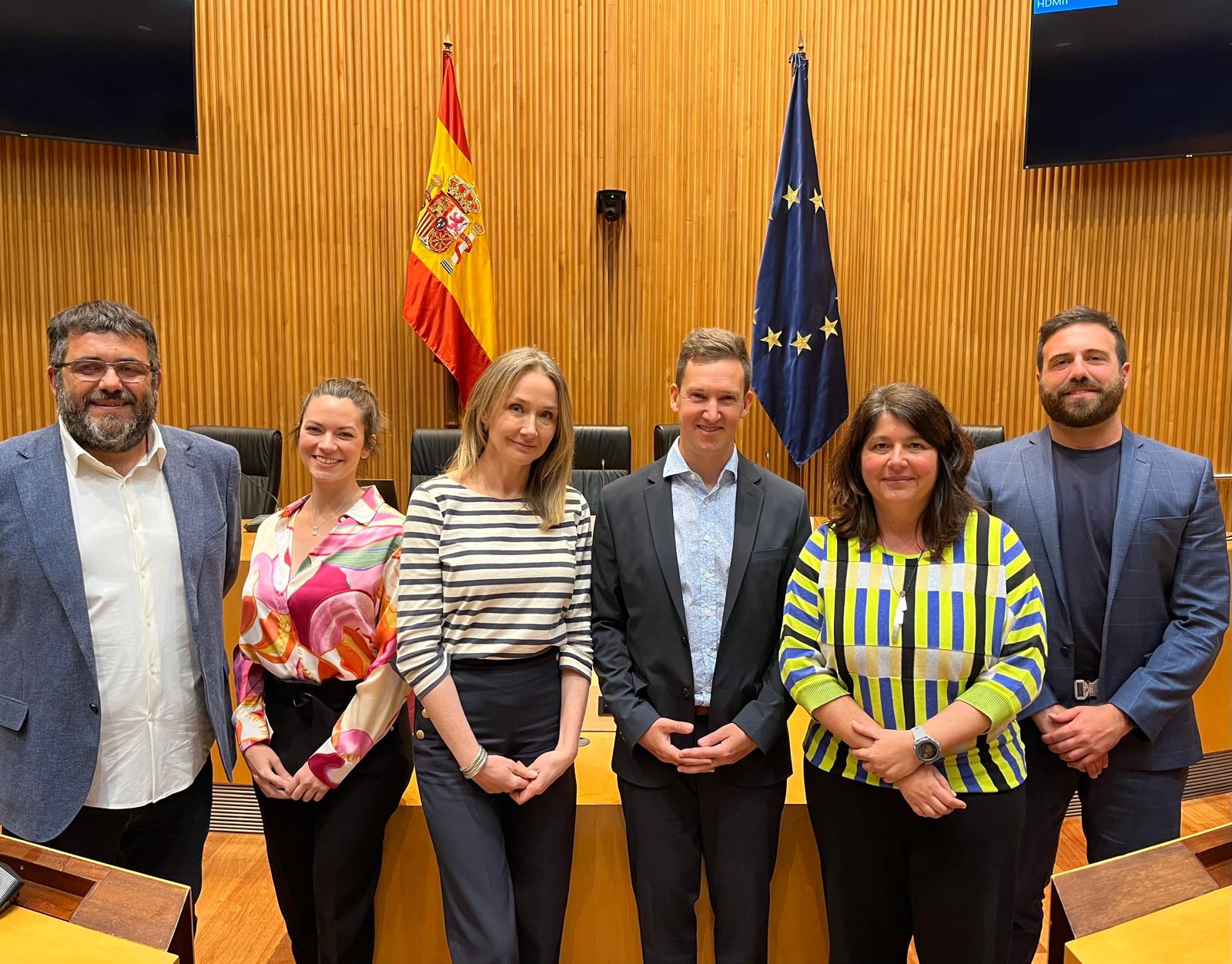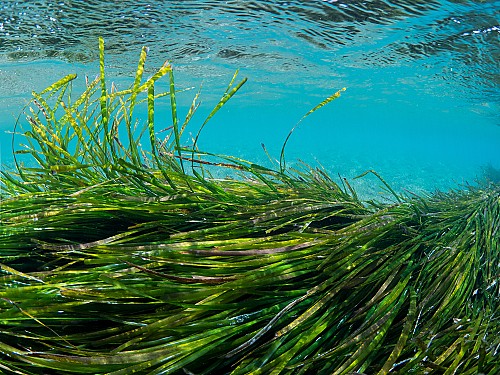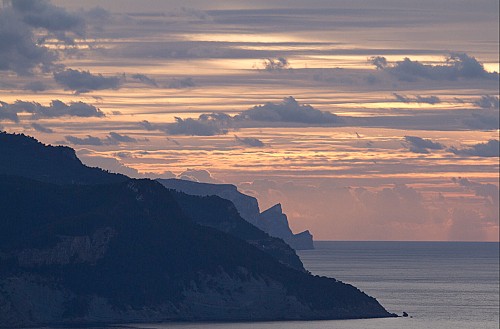We call on the Spanish Congress to make progress on strict protection in the Mediterranean
Published 08.05.2025
Share

Marilles presents the report Ecologically significant marine areas in the Balearic Sea: Identification and methodological proposal
Scientists and various organisations dedicated to marine conservation called on members of parliament (MPs) to increase pressure to expand the strictly protected marine areas in Spain. During the event organised on 7 May by Oceana, in which Marilles participated, NGOs and scientists highlighted the socio-economic and ecological benefits of strictly protected marine areas.
Marilles's head of marine protected areas (MPAs), Pablo Rodríguez Ros, presented the report Ecologically significant areas of the Balearic Sea: Identification and methodological proposal, a study that assesses the ecological significance of the Balearic Sea using spatial indicators and combining scientific information and local expert knowledge. The preliminary results are part of a Marilles project to identify areas suitable for strict protection. In a second phase, the project will incorporate knowledge from the fishing sector.
The event was attended by experts such as ocean advocate Alexandra Cousteau and scientist Cristina Linares from the University of Barcelona.
“It is worrying that Spain lacks a roadmap to increase the strict protection of highly valuable marine ecosystems. Members of parliament can be great allies in pushing this issue to the forefront of the political agenda and encouraging the Spanish government to act as a leader in marine conservation within the European Union. Closing certain areas of the sea to turn them into biodiversity havens has been proven to restore habitats and conserve species, as well as promote a sustainable blue economy,” said ocean advocate and senior advisor at Oceana, Alexandra Cousteau.
“Strictly protected areas allow for healthier and more productive habitats to support sustainable fishing, as well as increasing the ocean's resilience to the effects of climate change. We are at the government's disposal to provide the scientific information necessary to support the designation and expansion of ecosystems to be protected, especially those of high natural value and with a high capacity to retain and store carbon," said Cristina Linares, Chair of Ecology at the University of Barcelona.
Oceana representatives presented a proposal to MPs for the designation of new strictly protected areas and the expansion of existing ones, prioritising the most vulnerable ecosystems.
President of the Spanish Congress, Francina Armengol, opened the event with a speech defending the work of organisations such as Marilles for the protection of the Mediterranean.



